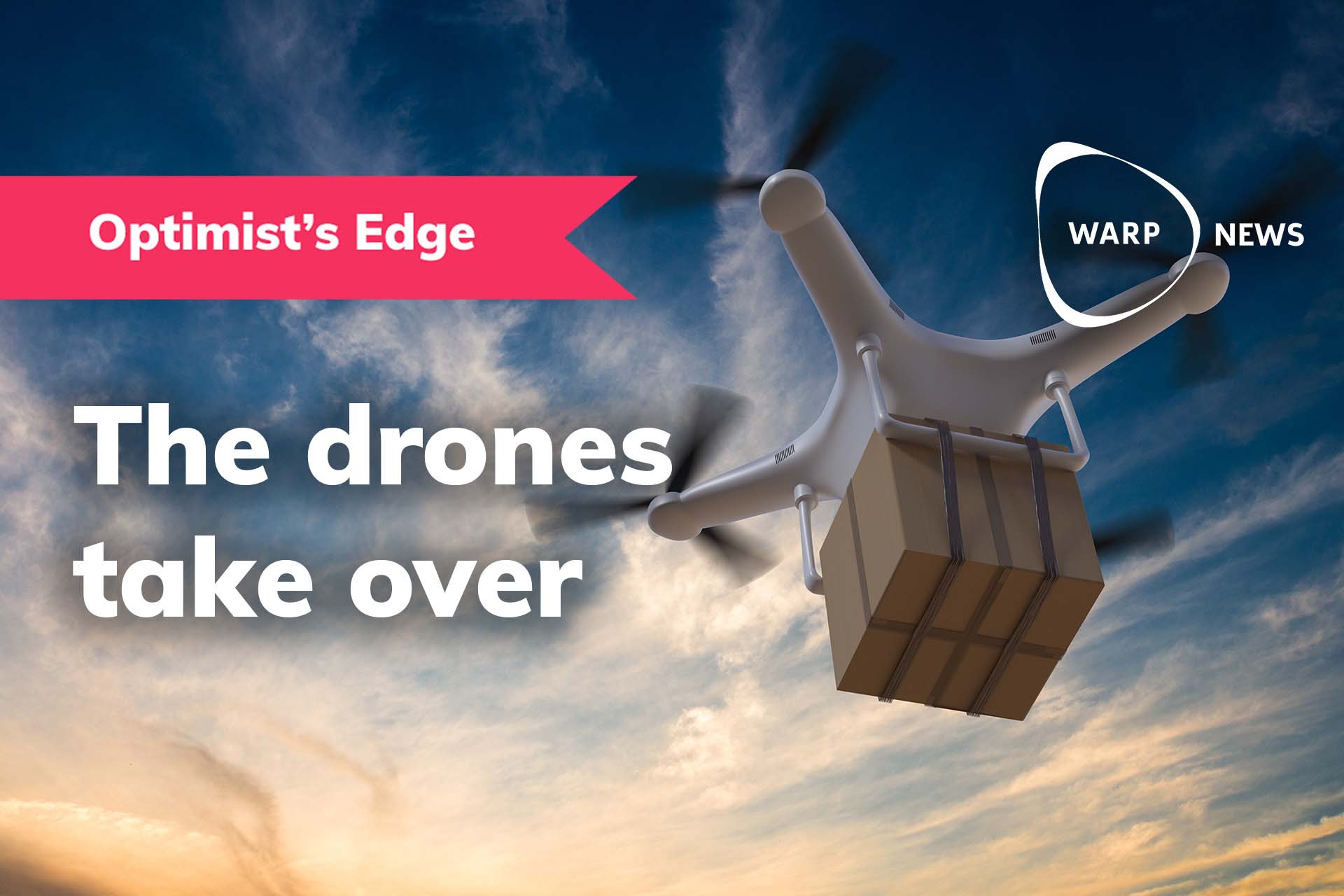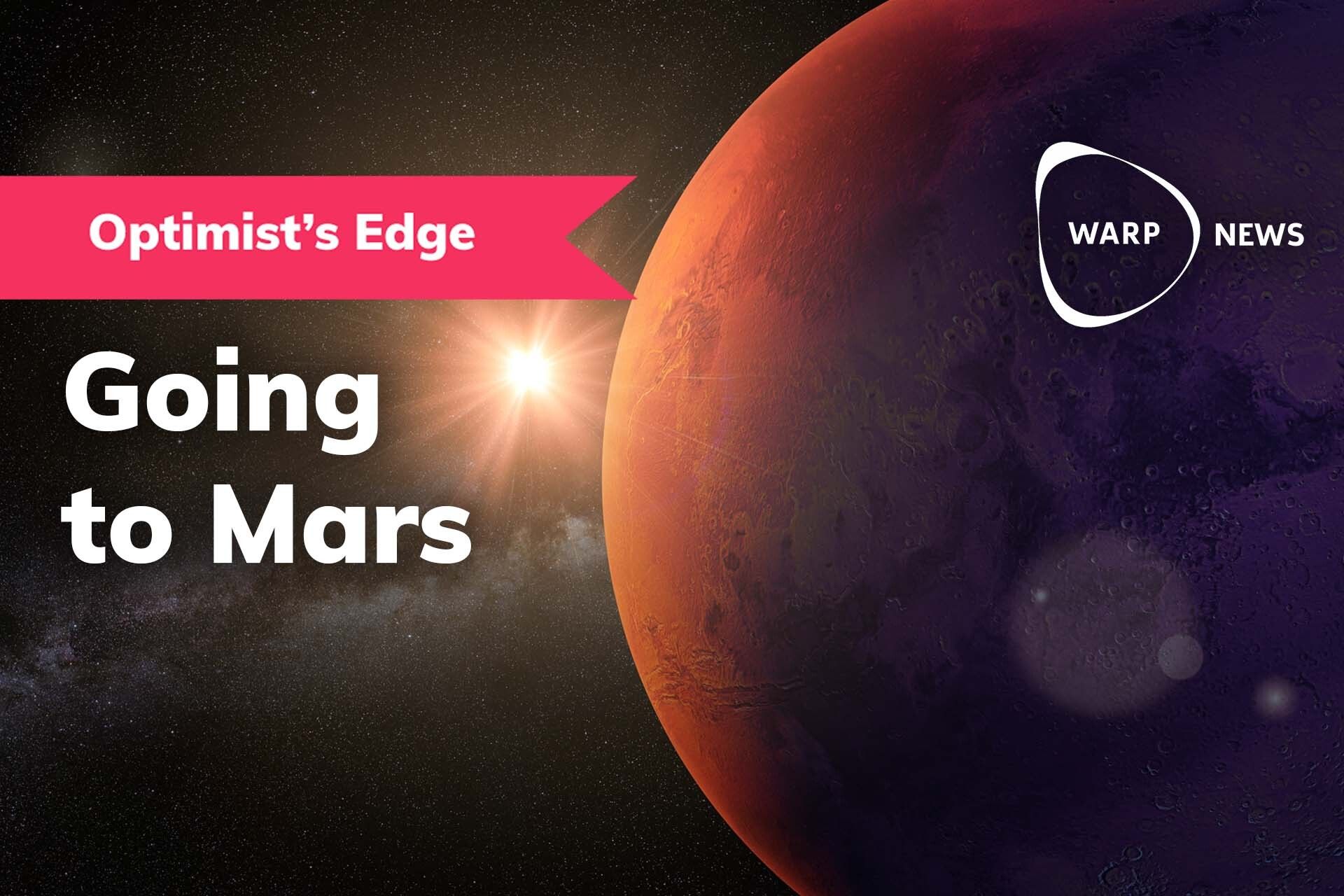💡 Optimist's Edge
As a Warp News Premium Supporter, you get access to the Optimist's Edge. The difference between what people believe and the facts. Because of negative headlines and a pessimistic world-view, people miss important trends. We do surveys of what people believe and compare that with the facts, giving you unique insights
💡6 things that give you an Edge to know about 2021
2021 is coming to an end. How has the year been? Some state that they've become more pessimistic, while others have become more optimistic. Warp wants to give even more people hope for the future and insights about all the great things that are happening. Read on to find out why.
💡 The return of the wild animals
It is easy to imagine that wildlife is in decline in Europe. But that picture does not match up to reality. On the contrary, many species are making a comeback. In several ways, this is good news. Maria Eriksson explains why.
🛩 Onboarding has begun for electric airplanes
If we are serious about tackling climate change, it is time to embrace transportation with a smaller footprint on the environment. Vincent Roose explains how flying with electricity is the next big leap in aviation.
🩺 The health trend that makes us healthier in the future
Are we going to have better or worse health in the future? The short answer is, it depends. But we have a greater ability than ever to get healthier. Maria Eriksson gives you insights on how to live a longer, healthier life thanks to trends that stretch into the future.
💡 This is how the drones are taking over
People underestimate the potential of drone technology. Millions of vaccine doses and a thousands of coffee cups have already been delivered with drones. But more is to be expected, predicts Maria Eriksson.
💡 Why women's innovation matter – to all of us
The year is 2021 and of course, men and women are equally capable. Or are we? Women inventors and their innovations matter in more ways than you can imagine.
💉 Bye, cancer? What the vaccine revolution could mean for you
Call it the silver lining of the pandemic. The Covid-19 vaccine miracle just may be the beginning of the end for cancer, malaria, and other killer diseases, writes Ulrika Gerth.
💡Why exploring Mars makes a difference for life on Earth
Is it a waste of both money and time to go to Mars? Or, is it to the great benefit of all mankind and our planet? In this article, Cornelia Ekvall shows why the answer to the latter question is a resounding: YES!
💡 Your guide on how to capitalize on de-urbanization
Cities and urban life are no longer the attractive first choice. But what does it mean for humans and society when de-urbanization takes root? Maria Eriksson explains how you can take advantage of the new emerging trend.








